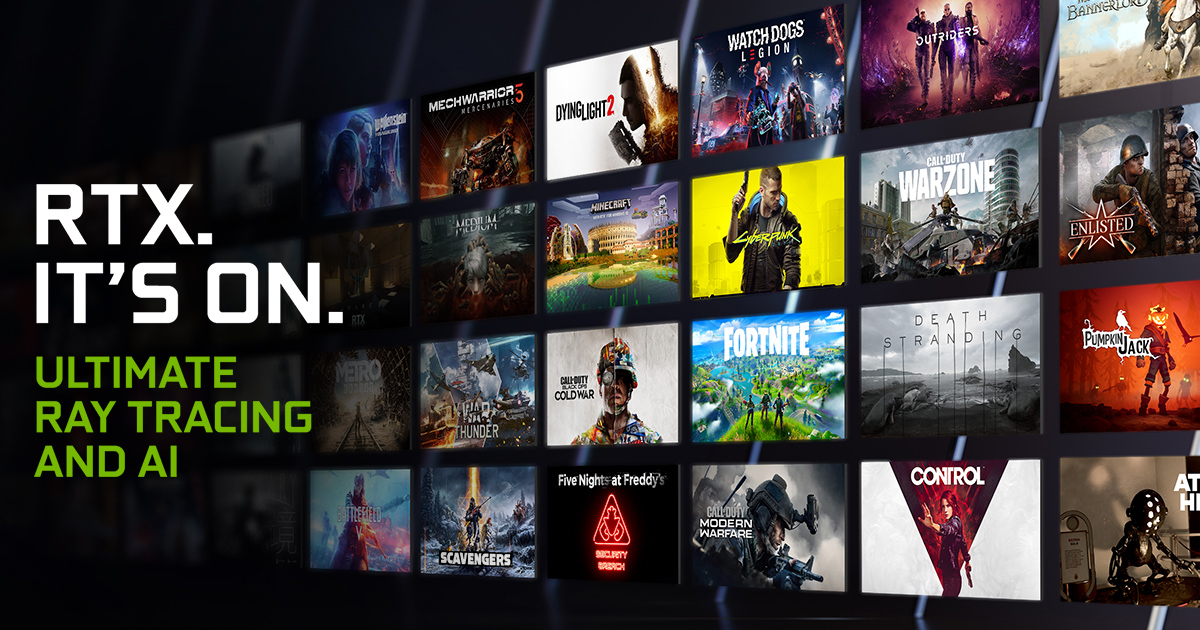- Joined
- Jan 14, 2019
- Messages
- 9,872 (5.12/day)
- Location
- Midlands, UK
| System Name | Nebulon-B Mk. 4 |
|---|---|
| Processor | AMD Ryzen 7 7800X3D |
| Motherboard | MSi PRO B650M-A WiFi |
| Cooling | be quiet! Dark Rock 4 |
| Memory | 2x 24 GB Corsair Vengeance EXPO DDR5-6000 |
| Video Card(s) | Sapphire Pulse Radeon RX 7800 XT |
| Storage | 2 TB Corsair MP600 GS, 2 TB Corsair MP600 R2, 4 + 8 TB Seagate Barracuda 3.5" |
| Display(s) | Dell S3422DWG, 7" Waveshare touchscreen |
| Case | Kolink Citadel Mesh black |
| Power Supply | Seasonic Prime GX-750 |
| Mouse | Logitech MX Master 2S |
| Keyboard | Logitech G413 SE |
| Software | Windows 10 Pro |
| Benchmark Scores | Cinebench R23 single-core: 1,800, multi-core: 18,000. Superposition 1080p Extreme: 9,900. |
I agree with that. I'm still on a "wait and see" approach, and will be until the worldwide launch of the whole product line.They will be available in the West eventually. According to Wikipedia these Arc cards were supposed to launch in Q2 *or* Q3, so they are doing just fine. For some reason Intel has decided to launch in China first. I am sure that they have strategic reasons for that. Perhaps they figure that the Chinese market will be more receptive to a new dGPU player or more interested in low-end cards or Intel has stronger brand recognition there compared to AMD and Nvidia. It does not really matter, we can hate Intel for any number of reasons but I don't think that they are strategically incompetent despite what some (IMO ignorant) people may think. Same applies for the people saying Raja Koduri does not know what he is doing, e.g. because GCN was not good enough for gaming or something like that. Well, maybe gaming was not their main focus? Maybe they were making a ton of money selling cards for compute in datacenters? Some people struggle to look beyond their own perspective, which I frankly find hard to understand at this point. It should have dawned on people by now that enthusiast/gamer desktop users are not the most important market for these large corporations after the mobile and server markets have been prioritized time and time again.
I think the biggest problem of the 6500 XT is the price. I absolutely love my Asus TUF. It can push all the frames I need at 1080p and it barely makes a whisper over my Be Quiet case fans, even fully overclocked. I don't even care about hardware encoding. In fact, I only know one single person who does. It's a niche thing, imo. Most people just want to play games. The only reason I still wouldn't recommend anyone buying one is the price (which wasn't an issue for me because I'm generally curious about any PC hardware).I must admit I am surprised by that. Note that my GTX 1050 was a non-Ti though (often people seem to forget those even existed). Still, my GTX 1050 at least had hardware encoding, unlike the RX 6500 "XT". My GTX 1050 was an EVGA low-profile, single-slot card (it was used in a used M92p ThinkCentre). I am not knocking the RX 6400, just the RX 6500 XT.
Still, the 1050 (Ti) and the 6400 / 6500 XT duo are in entirely different leagues, and should not be compared. The 1650 and 1650 Super are their main competition.









